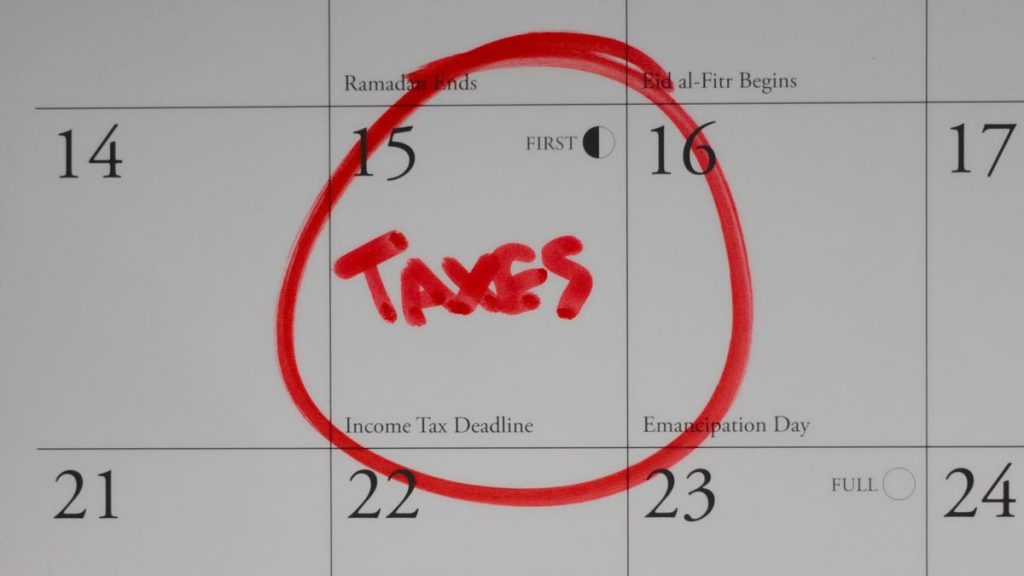The deadline for filing income taxes in the US is April 15 for the majority of taxpayers, but there are exceptions to this rule. Some states have deadlines extended due to holidays, and residents in certain states affected by natural disasters also get extensions from the IRS. The deadline for federal tax return submission depends on the state you live in and whether you were impacted by a natural disaster.
States like Maine and Massachusetts have tax filing deadlines of April 17, 2024, due to holidays falling on April 15 and 16. Additionally, the IRS has extended federal tax filing deadlines for states with declared disaster areas by FEMA. Tax filers in these states now have deadlines ranging from June 17, 2024, to August 7, 2024, to file federal individual and business tax returns and make tax payments.
Residents and businesses in states such as Alaska, California, Connecticut, Hawaii, Michigan, Rhode Island, Tennessee, and West Virginia, who were affected by severe storms, flooding, and other disasters, have been granted extensions to their federal tax deadlines. Taxpayers in these areas can also request a tax extension, which would push their filing deadline to October 15, 2024, although any taxes owed would still be due at the time of the original deadline.
Nine states have tax deadlines that are later than the federal deadline set by the IRS. These states include Delaware, Hawaii, Iowa, Louisiana, Maine, Massachusetts, New Mexico, Oklahoma, and Virginia. The state filing deadlines differ from the federal deadline and range from April 22, 2024, to May 15, 2024. It is important for taxpayers to be aware of their state’s specific tax filing deadline to avoid any penalties or late fees.
Taxpayers claiming the child tax credit can expect to receive their tax refund within a certain timeframe, depending on their individual circumstances. Understanding the quickest way to receive a tax refund can help taxpayers plan their finances accordingly. It is crucial for individuals to stay informed about tax deadlines, extensions, and refund processes to ensure compliance with federal and state tax regulations.
In conclusion, filing income taxes can be a complex process, especially for individuals living in states with extended deadlines or affected by natural disasters. By staying informed about federal and state tax deadlines, extensions, and refund processes, taxpayers can avoid penalties and ensure their financial obligations are met. Seeking assistance from tax professionals or using tax software can also help individuals navigate the tax filing process more effectively.


